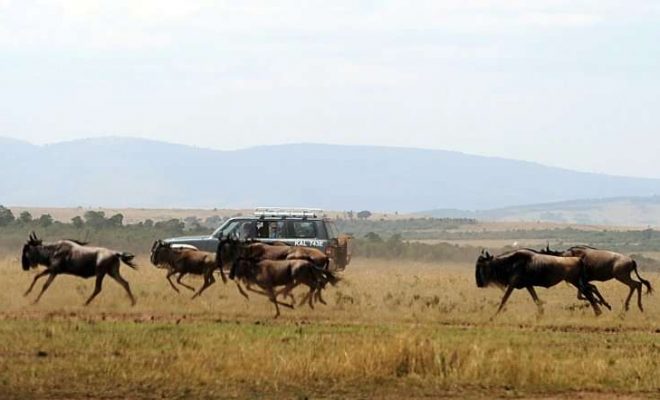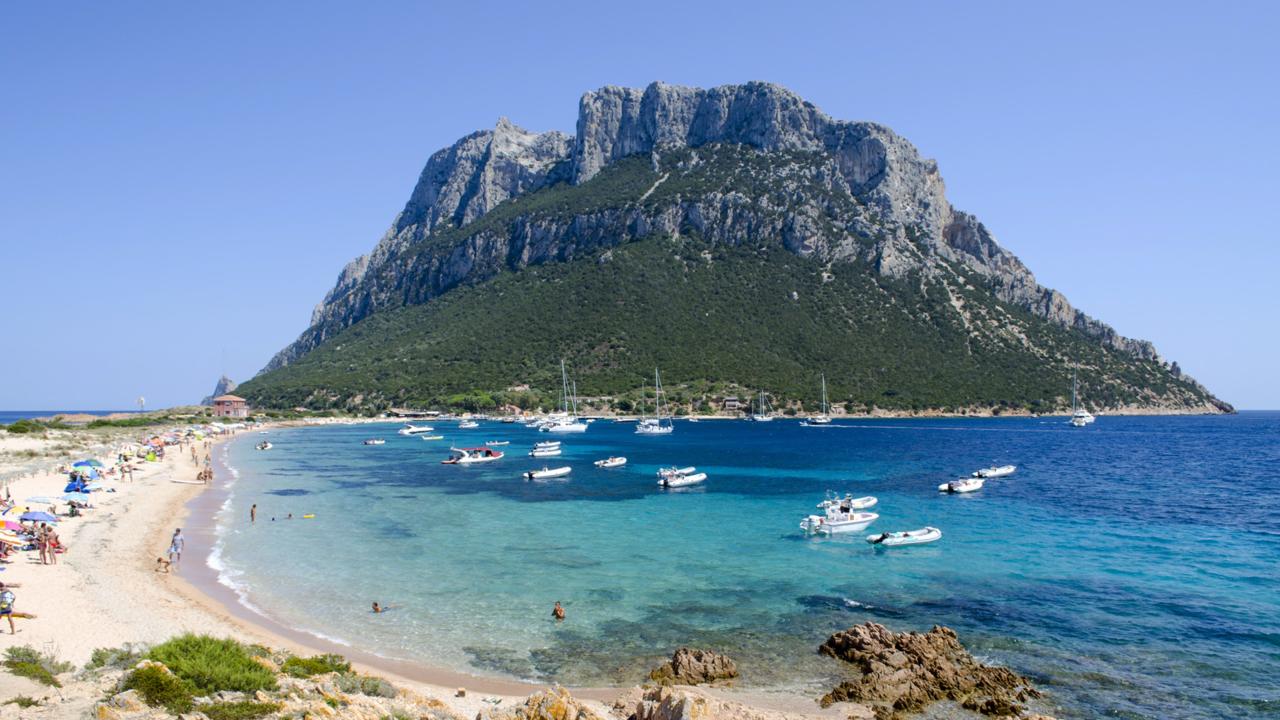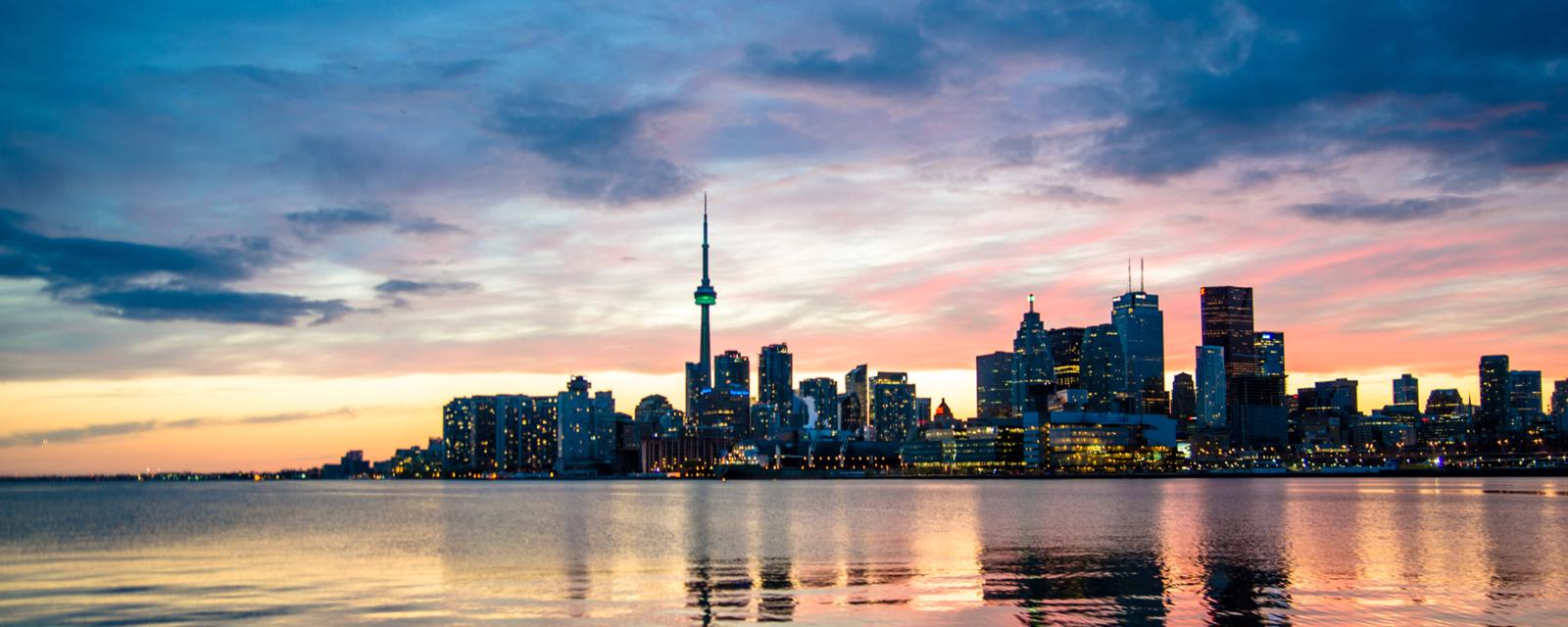Africa Seeks Tourism Boom

The African continent boast one of the world’s greatest attractions, from the Pyramids and Victoria Falls to wildlife safaris and endless strips of pristine beach, but it only attracts just 5 per cent of the world’s tourists.
However, as Africa continues to boost its tourism, during an African tourism conference hosted by Airbnb in Cape Town last month, the continent’s huge potential can be unlocked by eco tourism, cultural experiences, domestic travel and political stability.
“When you look at the success stories, it’s those countries who’ve embraced trends,” said the African Tourism Association’s (ATA) managing director Naledi Khabo who spoke at the summit.
“When you look at some countries which have made sustainability a focal point, like Tanzania, or Rwanda, they’re very attractive for certain travellers.”
According to the latest report from PricewaterhouseCoopers (PwC), Africa’s hotel sector is growing and will flourish in the next five years. The potential growth of the hotel sector in the region is attributed to the increase in both foreign and local travellers, as well as the expansion of various hotel brands.
PwC predicts hotel room revenue for the five major markets – South Africa, Nigeria, Mauritius, Kenya and Tanzania – will likely increase by 7.4% to $3.5 billion in 2022.
“Tourism to the African continent has proven to be resilient in the face of economic and political uncertainty, impacts of droughts and other regulatory changes. The opportunities are aplenty for this industry to enjoy further growth albeit at a more modest pace,” said Pietro Calicchio, hospitality industry leader for PwC Southern Africa.
“However, as we continue to see there are also a number of challenges facing each country. This is an industry that is reactive to the smallest change in political, regulatory, safety and sustainability matters.”
Experts agreethat currently, the hotel and tourism sectors in the aforementioned countries are showing strong signs of continued growth. Tourism is bound to remain an important driver of the African economy.
However, the smallest disruption in this can have a significant impact on the growth of each market.
“It is therefore important that investors, hotel operators, tourism bodies and governments continue to work together to grow this important industry and ensure its sustainability so that all stakeholders derive the maximum benefit from it,” Calicchio said.
Eco-friendly safaris and carbon-neutral lodging draw increasing numbers of tourists from Europe and North America. While Africa is sometimes an often overlooked destination for some sun and warmth, it is the perfect destination for Canadians who are faced with the cold and dark winter.
Since 2006, the number of tourists visiting Tanzania has more than doubled to over one million contributing 14 per cent of the country’s gross domestic product (GDP), according to Tanzania Invest.
Khabo, who represents the African tourism sector, said other tourism success stories included South Africa, “which is promoting the diversification of their products beyond the safari”.
South Africa has witnessed a surge of experience-based tours, taking travellers on tours to disadvantaged township and rural communities as well as wine farms and game lodges.
Founder of 4RoomEkasi, Abigail Mbalosaid she created the concept to showcase food and lifestyles in South Africa’s black communities to visitors.
“We tapped into the development of tourism in rural and township spaces,” she said. “We are now starting to see cultural inclusivity. Those areas have been untapped.”
For poor black South Africans, tourism is their major employer and accounts for nearly 700,000 jobs—a quite rare success story in a country with a high unemployment rate of almost 27 per cent.
During the summit, The World Bank, commended the rising trend for community-based travel projects like Mbalo’s for creating opportunities for women and young people.
“Every new business, destination, route or visitor creates opportunity for local people,” said the World Bank in a statement.
A lot of African destinations have encouraged the usage of foreign visitors’ hard currency, but Kenya has invested heavily in promoting what is termed “staycations”.
The country moved to promote domestic travel after a decline in foreign arrivals following violent unrest and criminal attacks in recent years.
“We have managed to develop the domestic market. About 21% of Airbnb occupancy is domestic market. It’s benefiting us,” said Kenya’s Tourism Minister Najib Balala at the conference.
In 2017 tourism sector was worth $1.2bn and is now the second-largest driver of Kenya’s GDP growth.
But many African countries have struggled to attract foreign visitors fearful of political instability, violence and terrorism.
“The biggest challenge is perception,” said Khabo. “Sometimes there is a real threat and sometimes it’s just perceived.”
However, Rwanda is one of the ‘troubled’ African countries that have successfully transformed its global image. Torn apart by a genocide in 1994, the small east African nation has since established itself as a high-end tourist destination.
“Tourism is the number one foreign exchange earner, which is amazing to see in a country like Rwanda,” said Rosette Rugamba who was appointed by President Paul Kagame as head of Rwanda Tourism from 2003 to 2010.
“It is a huge contributor to the image-building of our country.”








